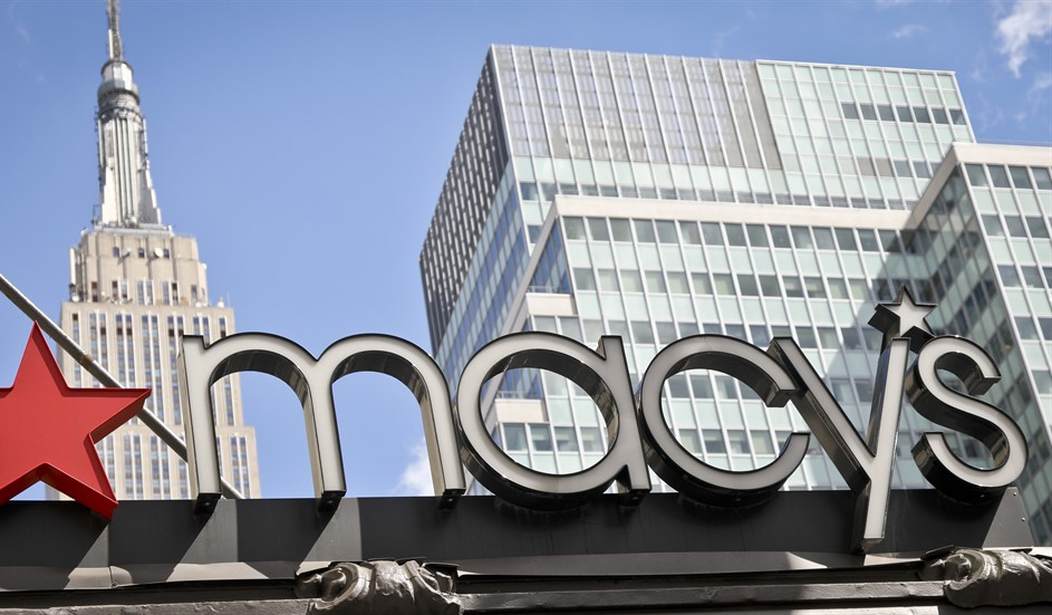If you’re a Macy’s fan, it may be time to cross your fingers. The store plans on closing 50 stores this year and 100 more by 2026. The 150 store closings represent about 30% of the store's current number and will leave Macy’s with 350 remaining locations nationwide.
New CEO, Tony Spring, announced the plan Tuesday morning.
A Bold New Chapter serves as a strong call to action. It challenges the status quo to create a more modern Macy’s, Inc. We are making the necessary moves to reinvigorate relationships with our customers through improved shopping experiences, relevant assortments, and compelling value. Our teams are energized by the work ahead as we accelerate our path to market share gains, sustainable, profitable growth and value creation for our shareholders.
We are making the necessary moves to reinvigorate relationships with our customers through improved shopping experiences, relevant assortments and compelling value.
The stores that are closing are underperforming. According to the New York Times, such locations account for 25% of the company’s square footage but just 10% of its sales. Part of the plan also includes adding 45 new stores geared toward higher-end brands, 15 of which will be Bloomingdales and 30 of which will be new Bluemercury locations.
Macy’s also plans on remodeling 30 existing Bluemercury stores as well as building 30 smaller Macy's stores over the next two years away from malls. That strategy is designed to accommodate a trend of consumers choosing smaller stores outside of enclosed shopping malls.
Smaller stores are more profitable for Macy’s because they have fewer employees and carry less merchandise. The company has been repositioning its portfolio to better adapt to the changing retail environment following the example of Target, Nordstrom, and Kohl’s, which have been adding small-format stores over the past few years.
A shrinking middle class has created a shift in the marketplace with stores such as Walmart and Target on one end doing well by emphasizing cost savings while stores focusing on luxury brands have also done well with customers who can keep pace with increasing prices. By making these changes, Macy’s is signaling that it intends to cater to a larger percentage of wealthier clientele and still maintain a presence for middle-class shoppers.
Another reason for the reorganization is a 75% drop in stock price since 2015 has the activist sharks circling. Last month, Macy’s rejected an unsolicited $6 billion bid from an activist investor to take the famed department store private. Now, Arkhouse Management Co., a real estate investment group, has nominated nine directors to Macy’s board of directors, effectively trying to seize control of the 14-member board.
In a statement last Tuesday, Arkhouse said:
The Board’s history of poor performance and continued refusal to engage constructively with our credible and motivated buyer group have led us to the decision to nominate a slate of highly qualified, independent directors to reconstitute Macy’s Board.
Macy's responded by saying that it would review Arkhouse’s board candidates but criticized the firm as well as another investor Brigade.
Arkhouse and Brigade have yet to provide any financing details that would enhance the actionability of their proposal despite multiple opportunities to do so, and instead of attempting a constructive dialogue, Arkhouse has chosen to launch a proxy contest.
But Arkhouse was defiant and responded in a statement to CNN:
We have persisted in our attempts to resolve any supposed concerns privately with the Board since the Company’s rejection of our proposal. To that end, we provided the Board with additional details regarding our financing, including names of our highly regarded equity partners, which have more than $75 billion in combined assets under management for the 50% equity component of the transaction. We also reminded the Board that we remain optimistic that we will be able to increase the proposed purchase price based on customary due diligence, which the company has refused to grant us.
Although Arkhouse did not publicly disclose its plans for Macy’s, analysts believe that it would sell off Macy’s valuable real estate and perhaps spin off its e-commerce business. However, Macy’s “determined that the proposal was not actionable and lacked compelling value.”
On the other hand, Neil Saunders, an analyst at GlobalData Retail, wrote that “The Bloomingdale’s expansion can work, as there are several strong luxury markets where the chain is not represented.”
Personally, I prefer to see Macy’s survive in one form or another. Too many long-established stores have disappeared over time. America is changing rapidly in so many ways, and it would be nice to hang onto a name that we all recognize.









Join the conversation as a VIP Member